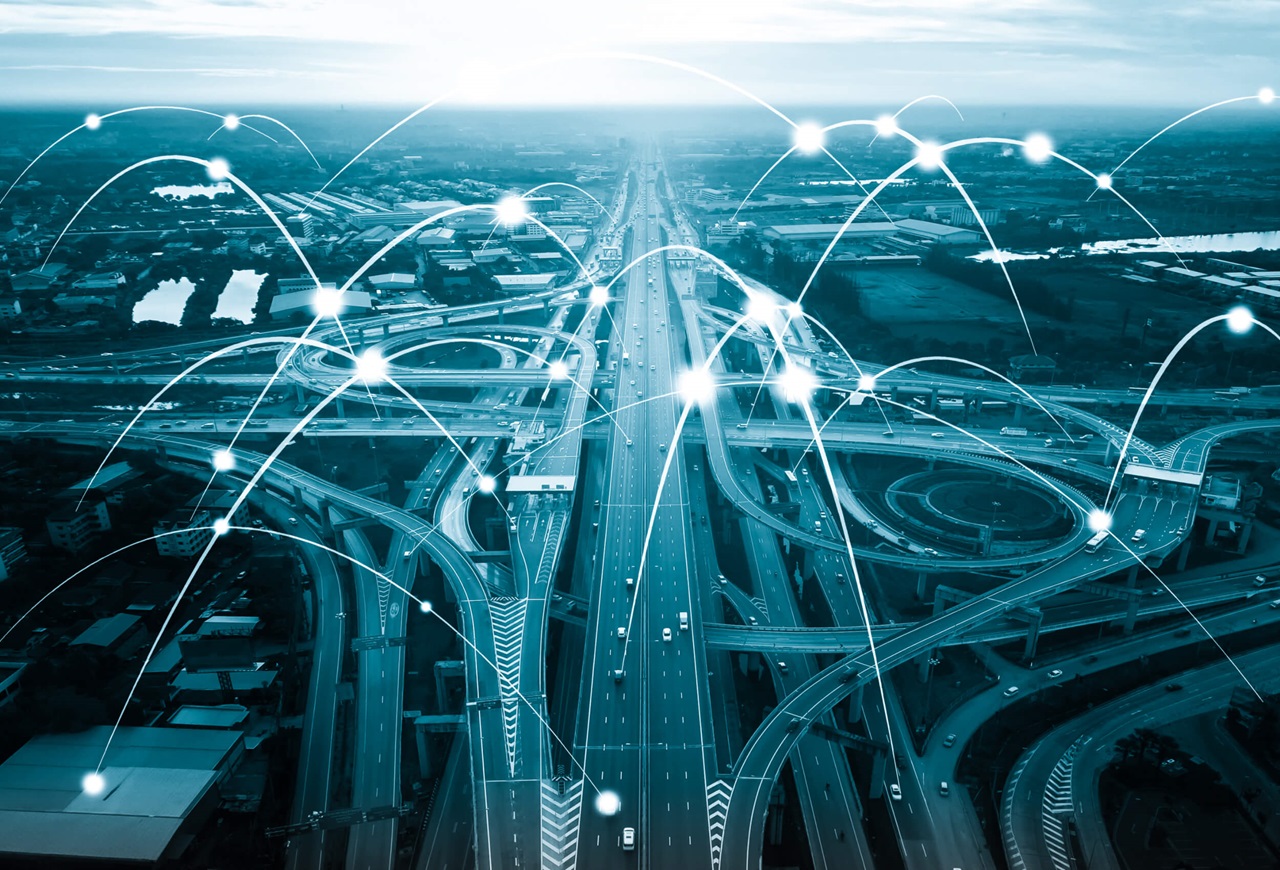Urbiotica: Comparative Analysis - Local vs. Cloud Processing in Smart Parking Systems

When implementing sensor and camera technology for smart parking systems, a critical decision revolves around whether to process data locally on the device or to utilize cloud-based processing. This choice directly impacts the investment costs and overall system efficiency, making it essential to consider factors such as budget, the need for real-time performance, and the volume of data to be processed.
Each option comes with its own set of benefits and drawbacks, so the best choice depends on the specific needs of the project. For instance, Urbiotica has chosen to prioritize cloud processing for its parking management and guidance solutions due to the numerous advantages it offers.
Benefits and Drawbacks of Each Approach
Cloud Processing
Cloud processing capitalizes on the superior computing capabilities of Smart Parking platforms, enabling the use of more advanced algorithms. This is particularly beneficial for IoT devices with limited battery life and processing power, as it minimizes the need for local processing and reduces energy consumption, thereby extending device longevity.
Another advantage is the ability to instantly update all connected devices through the cloud, eliminating the need for manual updates on each sensor or camera. This simplifies operational management and reduces complexity.
However, transmitting large amounts of data to the cloud can increase communication costs, especially in systems using cameras where video data is heavy. In scenarios relying on mobile networks, data transmission costs may exceed expectations if SIM cards are used.
Local Processing
Processing data locally allows devices to function independently, without depending on cloud connectivity. This results in reduced latency and faster real-time responses, a crucial factor in applications like security or traffic control, though it may be less critical in smart parking. However, the processing power and accuracy of local algorithms can be limited compared to cloud solutions, and data integration from multiple sources is restricted.
Systems with Sensors
By delegating processing tasks to the cloud, sensor workloads—and therefore power consumption—are reduced, enhancing device longevity. This also allows the implementation of more complex algorithms, such as those involving magnetic calibration, which benefit from the cloud’s extensive data processing capabilities beyond the limitations of individual sensors.
On the other hand, local processing in IoT sensor systems can be less effective due to the limited technology and resources of these devices. Although feasible, it lacks the accuracy and data integration capabilities provided by cloud processing.
Systems with Cameras
Cloud processing facilitates the use of sophisticated algorithms for tasks such as video analysis and pattern recognition, crucial in environments requiring rapid and accurate event detection.
Additionally, cloud-based systems allow for easy updates, with new algorithm versions being deployed across all connected cameras simultaneously. This ensures the system remains up-to-date without manual intervention.
Cloud processing also enables the integration of data from multiple sources, providing a comprehensive and accurate overview of the monitored environment in real-time. This enhances system performance by combining information from several cameras.
Alternatively, local processing reduces the amount of data sent to the cloud, thereby lowering communication costs. It also allows cameras to operate independently,maintaining control system performance in environments with unreliable or intermittent connections. Furthermore, local processing minimizes latency.
Urbiotica has chosen to focus on cloud processing for its parking management solutions due to its clear advantages. The ability to utilize advanced algorithms, the ease of centralized updates, and the capacity to integrate data from various sources make cloud processing the preferred choice. This approach results in a more efficient, reliable, and easier-to-maintain system for our clients.
About Urbiotica
Urbiotica was born in 2008 with the mission to bring the most innovative technology to society through urban environments. Its vision is to help cities become more manageable, efficient, and sustainable, improving the quality of life of its citizens.
At Urbiotica, we focus on developing reliable IoT technologies that enhance urban mobility. Our sensors are rigorously tested to deliver high performance and accuracy in parking space management, ensuring efficient and dependable solutions.



Comments
There are no comments yet for this item
Join the discussion